6 "Warren Buffett Stocks" That Might Not Be His Ideas
Warren Buffett, chief stock-picker for Berkshire Hathaway (BRK.B), is one of the most successful investors of all time.


Profit and prosper with the best of Kiplinger's advice on investing, taxes, retirement, personal finance and much more. Delivered daily. Enter your email in the box and click Sign Me Up.
You are now subscribed
Your newsletter sign-up was successful
Want to add more newsletters?

Delivered daily
Kiplinger Today
Profit and prosper with the best of Kiplinger's advice on investing, taxes, retirement, personal finance and much more delivered daily. Smart money moves start here.

Sent five days a week
Kiplinger A Step Ahead
Get practical help to make better financial decisions in your everyday life, from spending to savings on top deals.

Delivered daily
Kiplinger Closing Bell
Get today's biggest financial and investing headlines delivered to your inbox every day the U.S. stock market is open.

Sent twice a week
Kiplinger Adviser Intel
Financial pros across the country share best practices and fresh tactics to preserve and grow your wealth.

Delivered weekly
Kiplinger Tax Tips
Trim your federal and state tax bills with practical tax-planning and tax-cutting strategies.

Sent twice a week
Kiplinger Retirement Tips
Your twice-a-week guide to planning and enjoying a financially secure and richly rewarding retirement

Sent bimonthly.
Kiplinger Adviser Angle
Insights for advisers, wealth managers and other financial professionals.

Sent twice a week
Kiplinger Investing Weekly
Your twice-a-week roundup of promising stocks, funds, companies and industries you should consider, ones you should avoid, and why.

Sent weekly for six weeks
Kiplinger Invest for Retirement
Your step-by-step six-part series on how to invest for retirement, from devising a successful strategy to exactly which investments to choose.
Warren Buffett, chief stock-picker for Berkshire Hathaway (BRK.B), is one of the most successful investors of all time. Since 1964, when he assembled the group of companies that would eventually become Berkshire, the so-called Oracle of Omaha’s baby has trounced the broad market’s return. That is precisely why investors hunt down so-called “Warren Buffett stocks” in hopes of benefiting from his wisdom and discipline.
But Buffett, who turned 88 last August, has become unable to keep up the pace of study needed to keep his fund’s holdings optimized, and as a result, has stepped away complete control of Berkshire Hathaway’s holdings. Other acolytes – namely, Todd Combs and Ted Weschler – have emerged, and out of necessity have started making stock picks for Berkshire without necessarily requiring Buffett’s blessing.
Their selections aren’t always divulged as non-Buffett picks. From a shareholder’s perspective, Berkshire and its collective chiefs are one and the same, and reported as such. But sometimes it is clear that Warren Buffett had little-to-nothing to do with a particular holding.
Here are six Berkshire Hathaway holdings that might not necessarily be “Warren Buffett stocks.” That’s because they’re out of character with the decades’ worth of insight and tips he’s been willing to dish out. More importantly: They might give us clues as to the direction of Berkshire’s picks once Buffett is completely out of the picture.
Data is as of May 2, 2019.

Amazon.com
- Market value: $963.9 billion
Berkshire Hathaway spent the first quarter of 2019 establishing a new position in e-commerce giant Amazon.com (AMZN, $1,900.82).
It’s an unusual trade for Buffett, who was generally eschewed flashy tech companies that don’t drive a lot of reliable cash flow and don’t have a clear, sustainable edge on their competition. Then again, it wasn’t Buffett’s pick. He said of the new Amazon stake, even before disclosing it in required SEC filings, “One of the fellows in the office that manage money ... bought some Amazon, so it will show up (when that file is submitted).”
Nevertheless, the Oracle of Omaha has no problem with one of his protégés diving into the dot-com company. “I’ve been a fan, and I’ve been an idiot for not buying,” he explained, adding, “But I want you to know it’s no personality changes taking place.”
To that end, Amazon has slowly but surely become more like a company Warren Buffett has preferred in the past. It does have a wide moat, in the sense that it dominates the online-shopping landscape so decidedly that others can’t get a meanings toehold in that market. And growth of Amazon Web Services along with more careful spending has finally allowed the company to turn regular profits. Last quarter’s operating margins grew year-over-year from 3.8% to 7.4%, near where they’ve been for a couple quarters now.
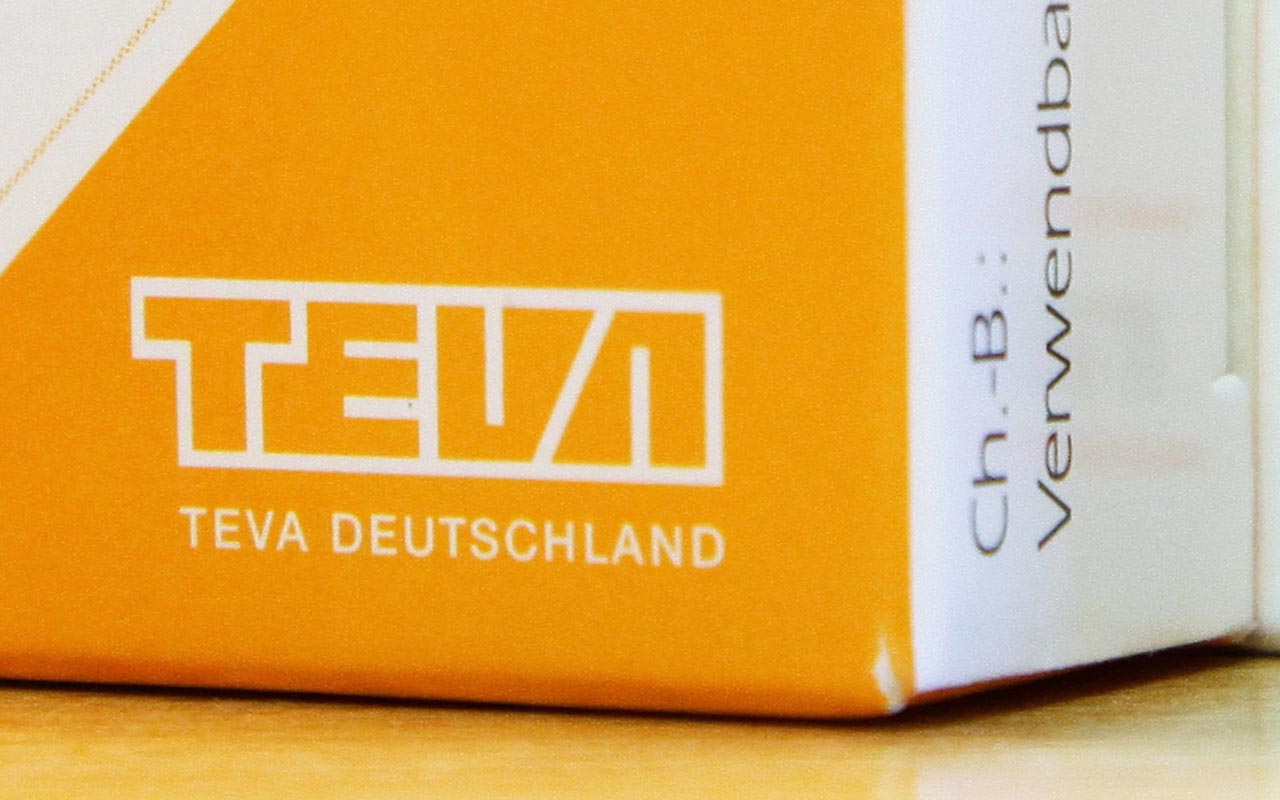
Teva Pharmaceutical
- Market value: $16.6 billion
Buffett hasn’t shunned health care-related companies outright. Far from it. Indeed, he was a huge fan of diabetes-care company DaVita (DVA) back in 2012 when Berkshire became its biggest investor. Johnson & Johnson (JNJ) is another Buffett stock that has been in the stable for a long time.
But Teva Pharmaceutical (TEVA, $14.90) seems to be a misfit for the reliability-focused fund.
Teva Pharmaceutical is predominantly a generic drug manufacturer, though it also operates a pharmaceutical ingredients business. It even has a handful of home-grown proprietary drugs such as recently approved migraine medicine Ajovy and opioid-dependence treatment Cassipa.
Those are speculative drugs, however. And in the current political environment, not even generic drugs are well-shielded from problematic regulation.
Teva is a cash-generating machine, to be fair – something Buffett loves, and therefore something Berkshire seeks out. But there are better and safer ways to generate cash. And even though Teva has never been a major dividend payer, the company suspended its modest dividend last year.
If that was solely Buffett’s call, he likely would have cut loose. In fact, he likely would have exited as soon as it appeared the company and the dividend were fighting an uphill battle.

Sirius XM
- Market value: $26.9 billion
Satellite radio play Sirius XM Holdings (SIRI, $5.77) is, in many regards, a prototypical Buffett pick. Its debt is relatively modest for a company of its ilk, revenue and income growth have been consistent for years, and net profit margins have hovered around 15% for a decade now. Sirius XM also has a unique product that others have tried to mirror – but none have successfully copied. It’s usually expensive, but sometimes you have to pay for quality.
Alas, Sirius also is the product of an evolution within the tech sector that Buffett has historically made a point of avoiding. What gives?
The timing alone of Berkshire Hathaway’s purchase of Sirius XM is telling. The bulk of the current position was scooped up in late 2016, well after Combs and Weschler had earned a bit of leeway.
The other clue that Weschler and Combs had more to do with Sirius XM than Buffett did: It’s closely aligned with John Malone; both associate stock-pickers have worked with Malone before. John Malone is chairman of Liberty Media, which is in turned aligned with Sirius XM. In fact, Liberty Sirius XM Group (LSXMA) – a “tracking stock” representing Liberty’s controlling SIRI stake – is another one of Berkshire’s holdings, and one of five different positions that start with the word “Liberty.” They’re all ultimately tethered to the same company in a complicated corporate structure that Buffett tends to eschew.

Apple
- Market value: $970.5 billion
Berkshire Hathaway has made good money on consumer-tech giant Apple (AAPL, $209.15) since first wading into its ever-growing position in the company back in 2016.
But don’t forget that Warren Buffett explained in no uncertain terms back in 2011: “Even though Apple may have the most wonderful future in the world, I’m not capable of bringing any drink to that particular party and evaluating that future. I simply look at businesses where I think I have some understanding of what they might look like in five or 10 years.”
What changed? Nothing, according to Trip Miller, Managing Partner at Memphis-based Gullane Capital Partners:
“I don’t believe Buffett did the initial work on Apple,” Miller says. “I think that’s, as a result of Ted and Todd’s work, they have expanded his circle of competence – it’s a technology company that he has historically avoided. I don’t believe that their ownership of the tech giant has come about because of him, but perhaps he has learned valuable lessons from self-proclaimed misses on Microsoft and Amazon that had similar dominant market share and consumer acceptance that we see in Apple.”
Still, even if Weschler or Combs made the call, Buffett is a believer. Back in 2017 when asked why Berkshire bought a sizable stake, the Oracle of Omaha replied, “Because I like it. Apple strikes me as having quite a sticky product.”
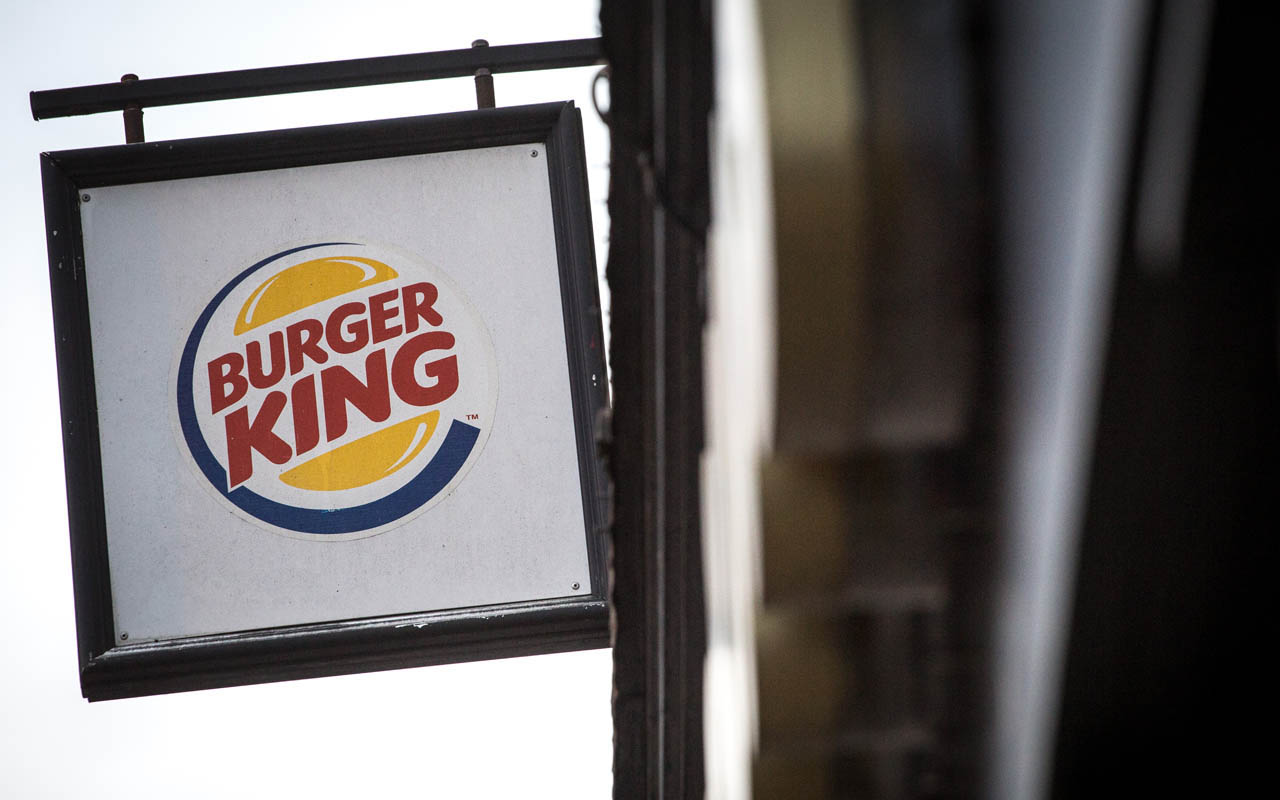
Restaurant Brands International
- Market value: $17.1 billion
Buffett has a bit of a sweet tooth. That’s one of the reasons Berkshire Hathaway bought privately-owned See’s Candies all the way back in 1972. He’s also a fan of other junk food, soda and fast food, frequenting McDonalds (MCD) and Dairy Queen, the latter of which Berkshire also owns. He’s familiar with the fast-food industry, knowing how competitive and unpredictable it is.
That’s why Berkshire’s 2014 pickup of a 4.2% stake in Restaurant Brands International (QSR, $65.66) is a bit suspect.
Restaurant Brands International is the owner of Burger King, Popeyes and Tim Hortons restaurants. All told, it operates more than 24,000 restaurants in 100 different countries. That’s almost as big as fast-food king McDonald’s. But that doesn’t make it an inherently rock-solid stock pick.
Restaurant Brands International’s organic revenue growth had been practically nil for some time, but last quarter’s system-wide sales growth jumped to 6.4% from a 3% improvement in the previous quarter. Operating income has been stagnant, though. That may be the result of not just a competitive quick-service environment, but an increasingly competitive one – a market that doesn’t facilitate the kind of unique product Buffett prefers his companies to sell.
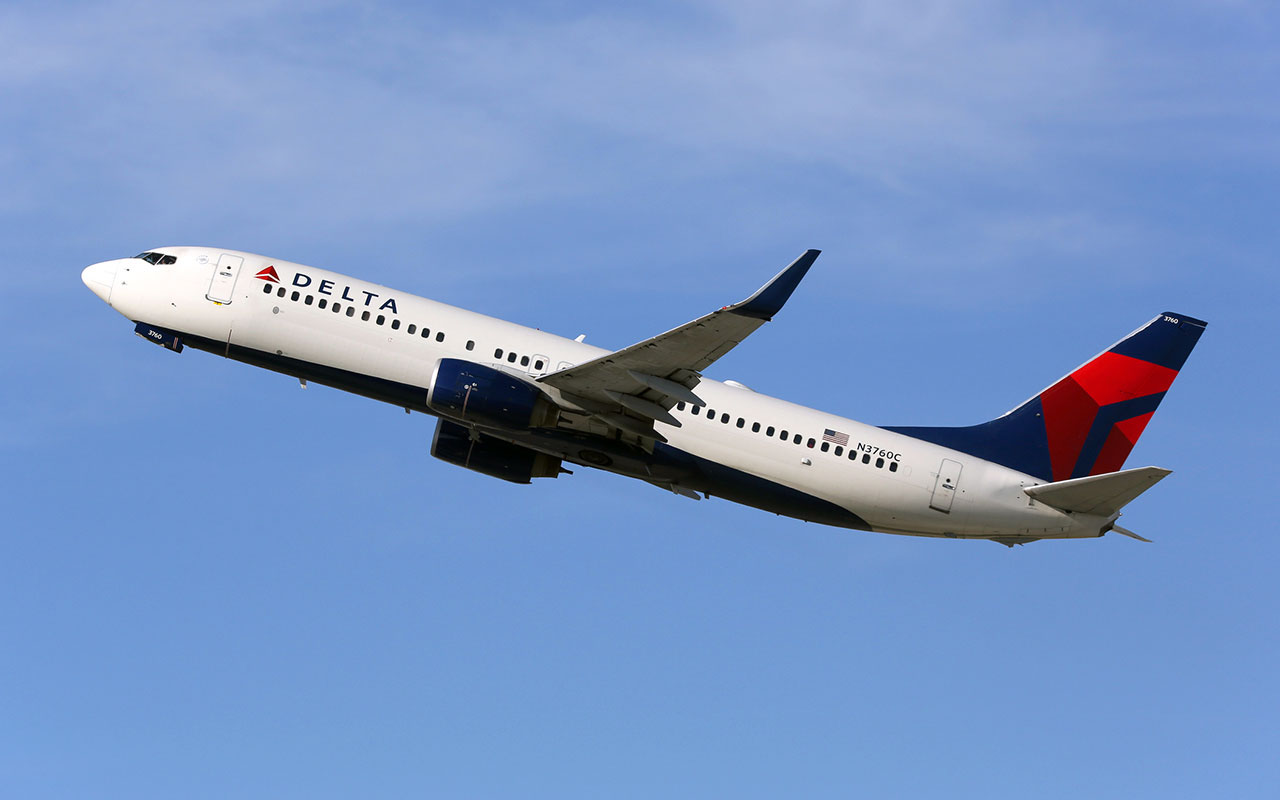
Delta Air Lines
- Market value: $37.8 billion
Gullane Capital Partners’ Miller doesn’t think the $3.7 billion Delta Air Lines (DAL, $57.66) stake in Berkshire Hathaway’s portfolio – or Southwest Airlines (LUV) for that matter – was prompted by Warren Buffett, either. He explains, “Mr. Buffett has commented pretty negatively on the airline space over the years, and actually speaks a lot about his poor experience with his U.S. Airways investment.”
He was largely referencing Buffett’s 2007 letter to shareholders, which didn’t mince words when he lamented about airlines:
“The worst sort of business is one that grows rapidly, requires significant capital to engender the growth, and then earns little or no money. Think airlines. Here a durable competitive advantage has proven elusive ever since the days of the Wright Brothers. Indeed, if a farsighted capitalist had been present at Kitty Hawk, he would have done his successors a huge favor by shooting Orville down. The airline industry’s demand for capital ever since that first flight has been insatiable. Investors have poured money into a bottomless pit, attracted by growth when they should have been repelled by it. And I, to my shame, participated in this foolishness when I had Berkshire buy U.S. Air preferred stock in 1989.”
Miller says, “I think (Weschler or Combs) likely brought airlines to his attention because of the fact that now, you more or less have an oligopoly after all of the airline consolidations, rational pricing seems to be in place, fuel costs have been low for four years, the strong economy has boosted revenue/profits, and more efficient aircraft/and labor contracts are contributing to the revenue predictability of the business.”
Profit and prosper with the best of Kiplinger's advice on investing, taxes, retirement, personal finance and much more. Delivered daily. Enter your email in the box and click Sign Me Up.

-
 Ask the Tax Editor: Federal Income Tax Deductions
Ask the Tax Editor: Federal Income Tax DeductionsAsk the Editor In this week's Ask the Editor Q&A, Joy Taylor answers questions on federal income tax deductions
-
 States With No-Fault Car Insurance Laws (and How No-Fault Car Insurance Works)
States With No-Fault Car Insurance Laws (and How No-Fault Car Insurance Works)A breakdown of the confusing rules around no-fault car insurance in every state where it exists.
-
 7 Frugal Habits to Keep Even When You're Rich
7 Frugal Habits to Keep Even When You're RichSome frugal habits are worth it, no matter what tax bracket you're in.
-
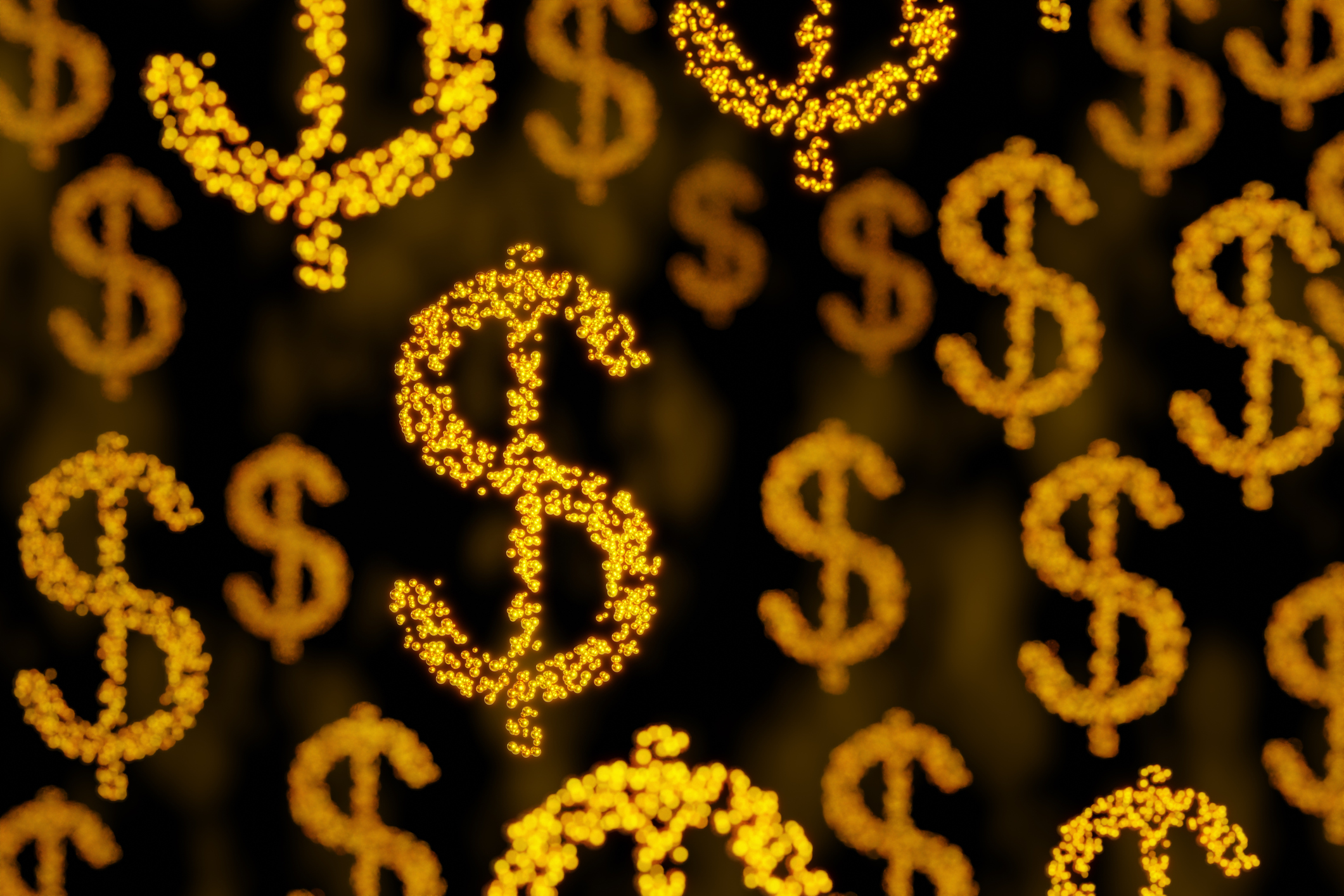 Why I Trust These Trillion-Dollar Stocks
Why I Trust These Trillion-Dollar StocksThe top-heavy nature of the S&P 500 should make any investor nervous, but there's still plenty to like in these trillion-dollar stocks.
-
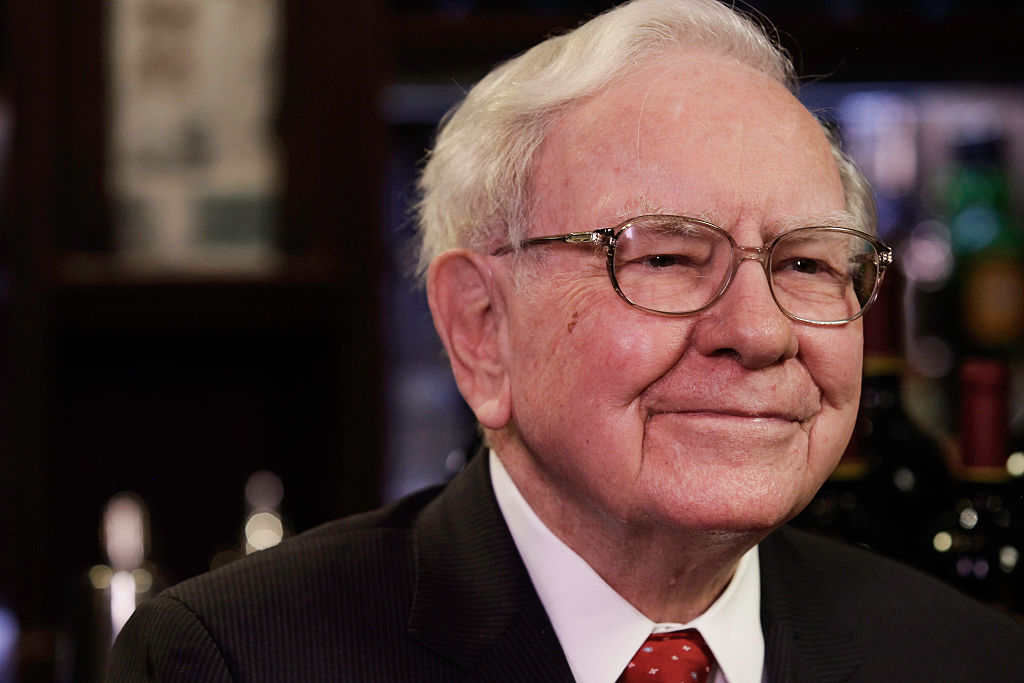 What Made Warren Buffett's Career So Remarkable
What Made Warren Buffett's Career So RemarkableWhat made the ‘Oracle of Omaha’ great, and who could be next as king or queen of investing?
-
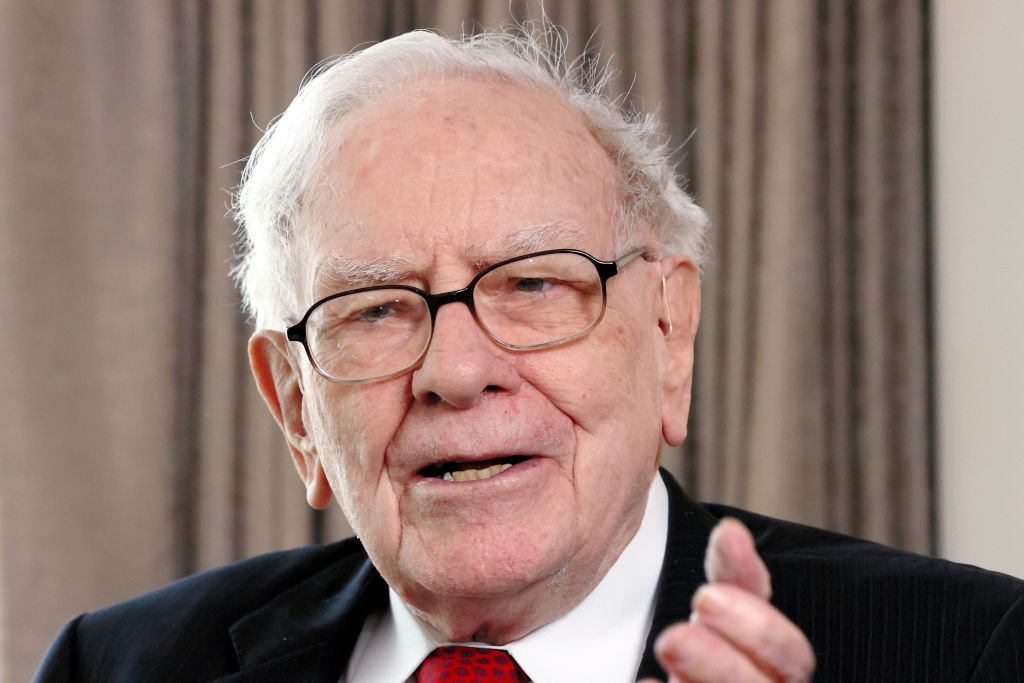 With Buffett Retiring, Should You Invest in a Berkshire Copycat?
With Buffett Retiring, Should You Invest in a Berkshire Copycat?Warren Buffett will step down at the end of this year. Should you explore one of a handful of Berkshire Hathaway clones or copycat funds?
-
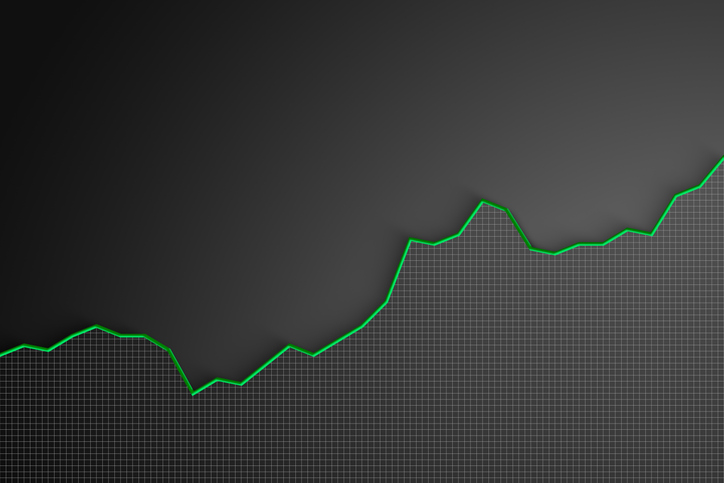 Stocks at New Highs as Shutdown Drags On: Stock Market Today
Stocks at New Highs as Shutdown Drags On: Stock Market TodayThe Nasdaq Composite, S&P 500 and Dow Jones Industrial Average all notched new record closes Thursday as tech stocks gained.
-
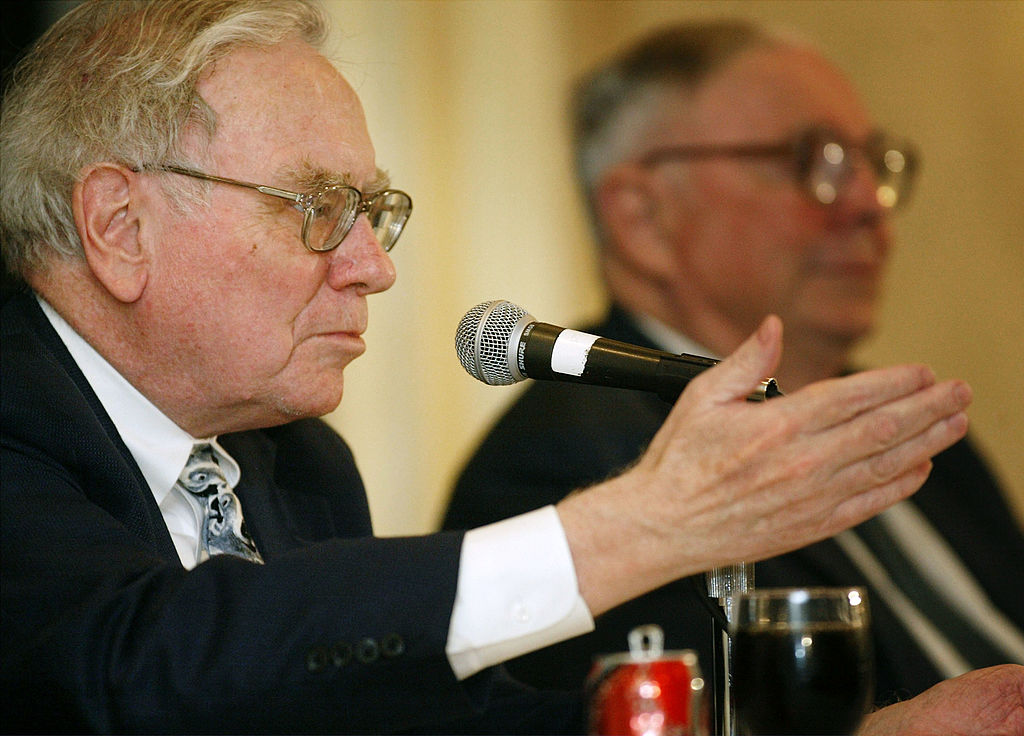 9 Warren Buffett Quotes for Investors to Live By
9 Warren Buffett Quotes for Investors to Live ByWarren Buffett transformed Berkshire Hathaway from a struggling textile firm to a sprawling conglomerate and investment vehicle. Here's how he did it.
-
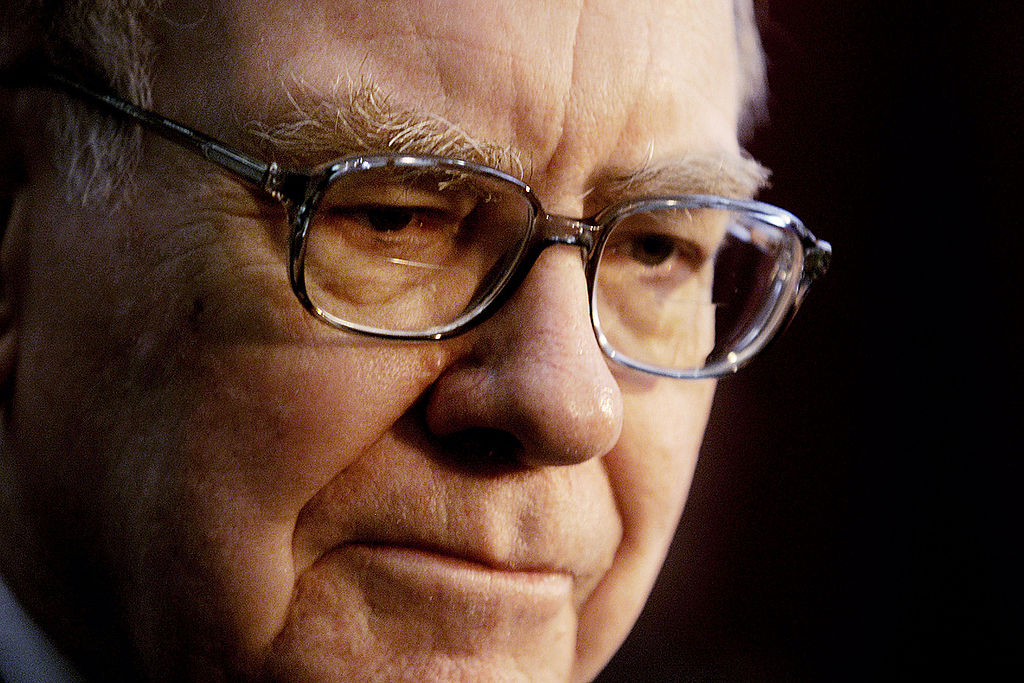 A Timeline of Warren Buffett's Life and Berkshire Hathaway
A Timeline of Warren Buffett's Life and Berkshire HathawayBuffett was the face of Berkshire Hathaway for 60 years. Here's a timeline of how he built the sprawling holding company and its outperforming equity portfolio.
-
 Berkshire Buys the Dip on UnitedHealth Group Stock. Should You?
Berkshire Buys the Dip on UnitedHealth Group Stock. Should You?Buffett & Co. picked up UnitedHealth stock on the cheap, with the embattled blue chip one of the newest holdings in the Berkshire Hathaway equity portfolio.
-
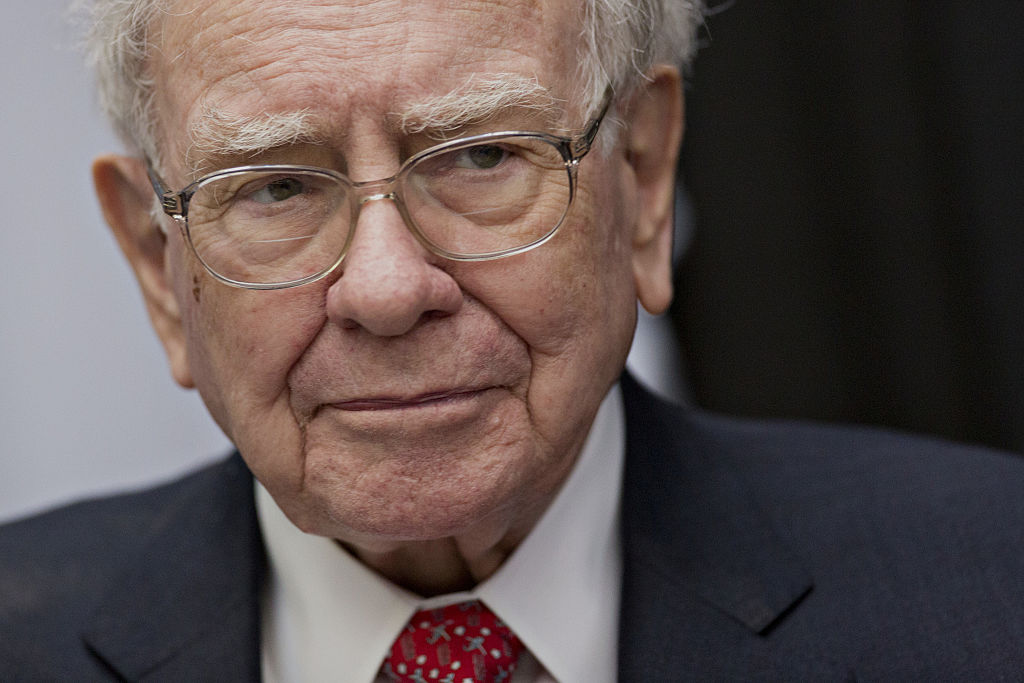 What Set Warren Buffett Apart
What Set Warren Buffett ApartAs Warren Buffett prepares for retirement, we reflect on what we've learned from his 60 years of leadership at Berkshire Hathaway.
